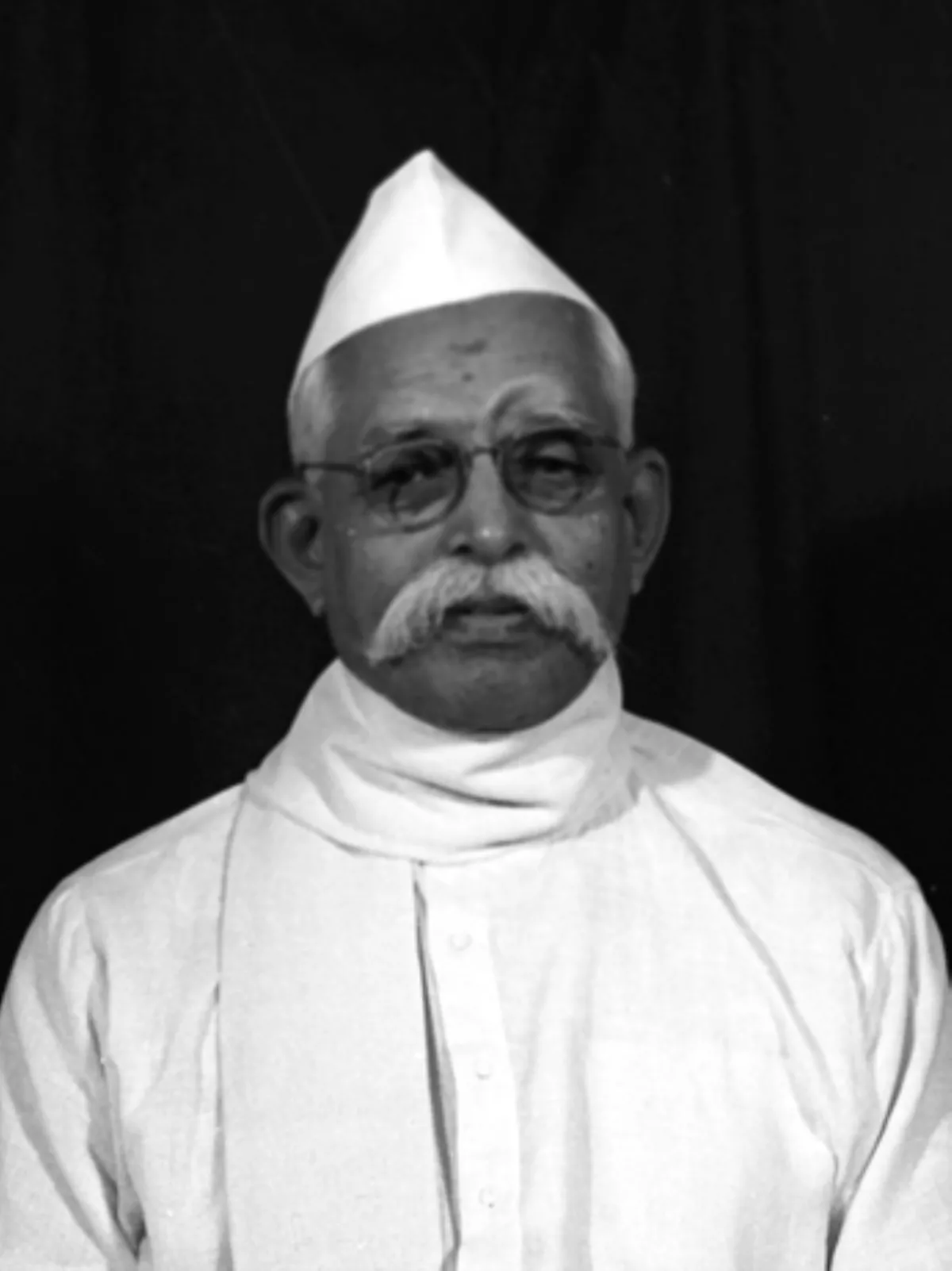 1.
1. Ravishankar Shukla was a leader of the Indian National Congress, Indian independence movement activist, the Premier of the Central Provinces and Berar from 27 April 1946 to 25 January 1950, first Chief Minister of the reorganised Madhya Pradesh state from 1 November 1956 until his death on 31 December 1956, he was elected from Saraipali in Madhya Pradesh.